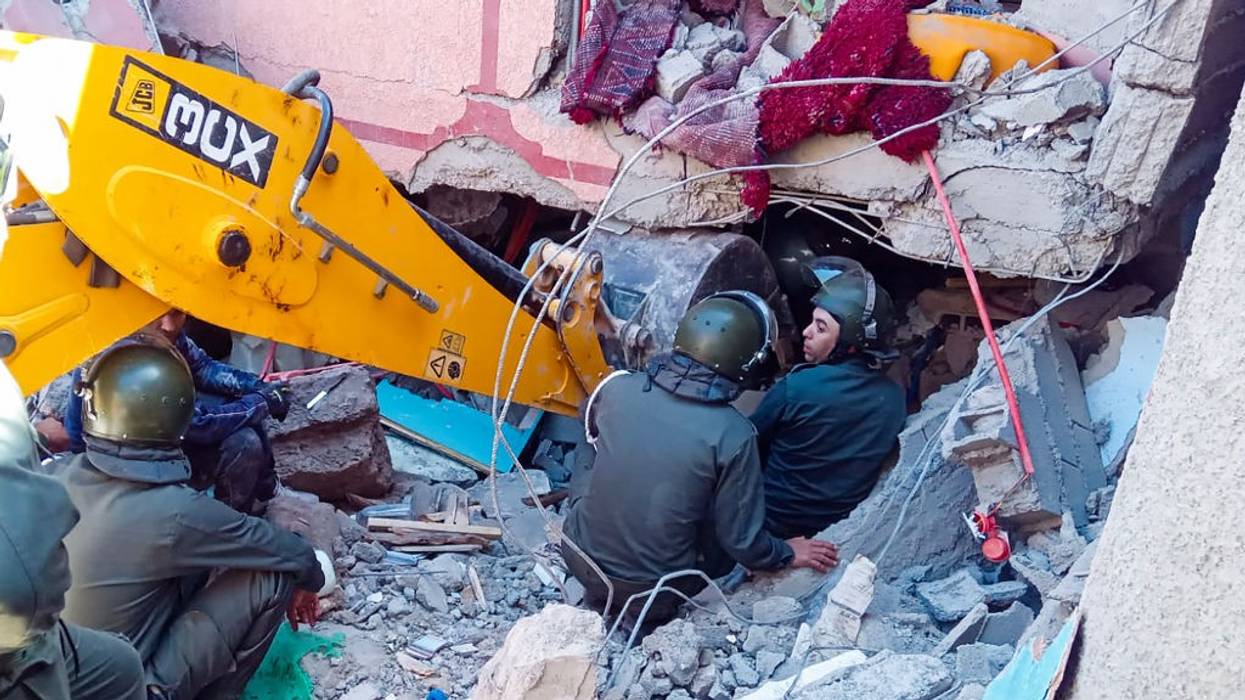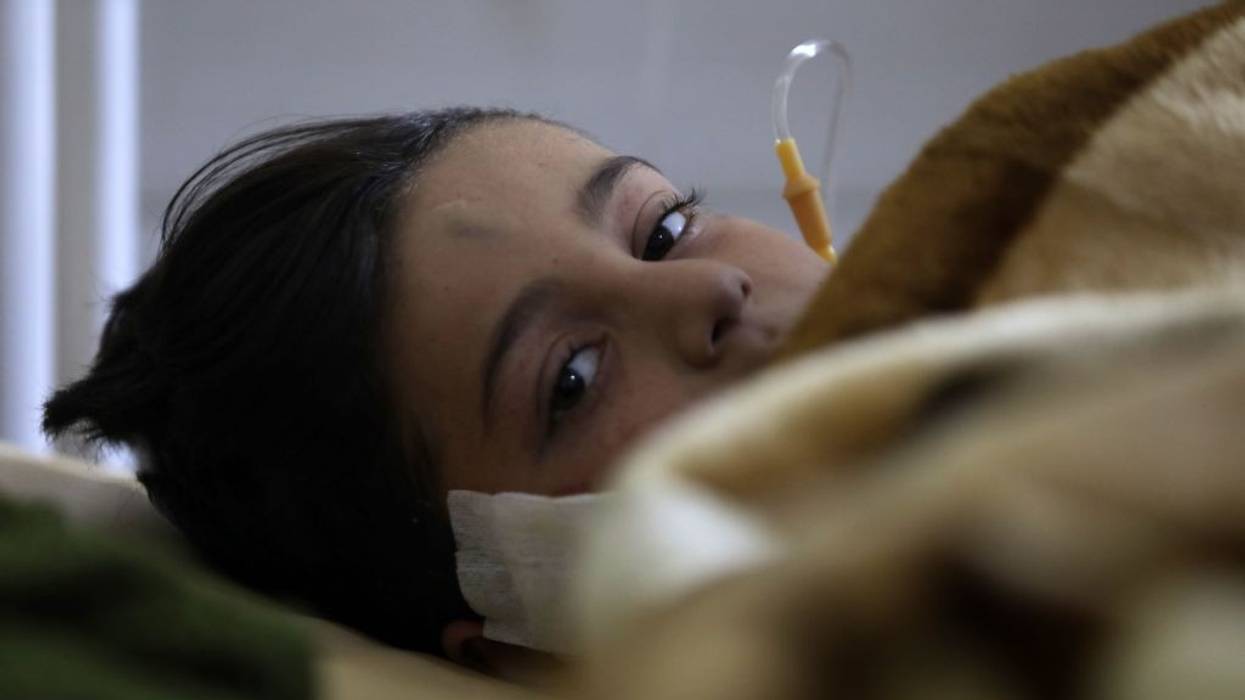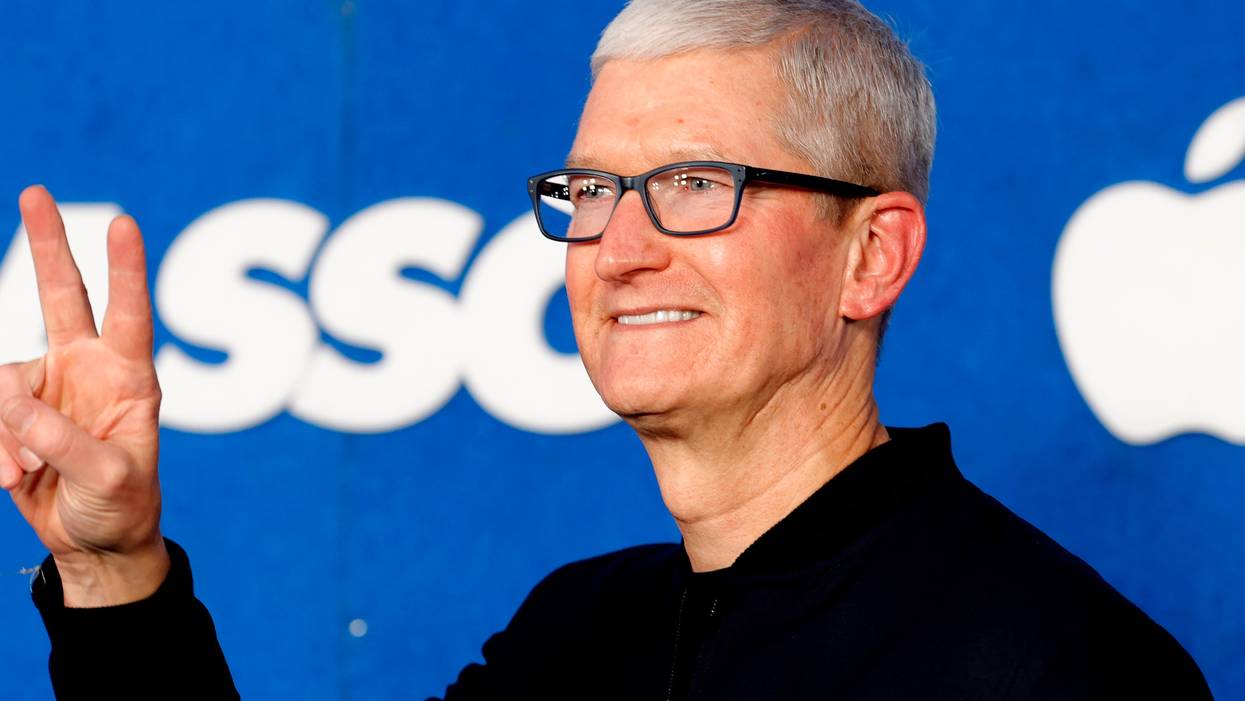When we touched down last month, our team of physicians was shocked by the endless piles of rubble littering the streets. We knew the former inhabitants of these buildings were either dead or injured. The lucky ones were left displaced in temporary shelters with deep psychological scars that will take a long time to heal. Scattered among the rubble, we saw signs of normal life: chemistry homework, blankets, pillows, colorful plastic cars, dolls. Each represented a person lost to the earthquake.
By conservative estimates, the earthquake has impacted 23 million people, killing more than 45,000 civilians in Türkiye and at least 8,500 in Syria. This figure will sadly continue to climb in the weeks and months ahead. For many victims, this crisis is not their first –10% of those killed in Türkiye were Syrian refugees.
Immediately after a crisis, aid providers and policymakers take stock of the most pressing needs but often fail to think past the emergency to what will strengthen a community in the long run and ensure they are prepared for the next emergency that may come their way.This is especially the case in Syria, which just entered its 13th year of civil war.
Because of the ongoing war, our organizationMedGlobal already had teams present on the ground. Victims flooded into our hospitals in Darkush, Syria just hours after the earthquake. Our surgeons performed more than 600 surgeries, deployed mobile clinics to treat the displaced in the temporary shelters, and distributed much-needed medical supplies to hospitals. But even then, the sheer enormity of the crisis demanded more. For two weeks, we joined eight other physicians from the U.S. to complement the emergency response with training and resilience building.
Building resilience is harder and more complicated compared to the initial emergency phase. It goes beyond addressing immediate needs and focuses on bridging gaps in the system itself. It means training local providers and equipping them with the tools and technology to weather the storm and serve their communities.
Investing in public health infrastructure is as important as emergency response. Countries like Syria, which continue to face crisis after crisis, desperately need humanitarian aid groups and the broader international community to prioritize both emergency response and long-term capacity building, including training healthcare workers, focusing on secondary and tertiary medical care, and improving health governance.There are also significant needs for shelter, food, and medicine. The destruction of water and sanitation infrastructure has led to widespread contamination and worsened the cholera outbreak in the country.
Further, psychological trauma from ongoing war, displacement, and isolation is rampant, as is drug abuse, especially among young men. Our organization runs one of two hospitals in the region for patients with advanced psychiatric disease, as well as a primitive drug rehabilitation center. There are no community resources for dealing with patients with serious mental health problems, and there is a shortage of psychiatric medications. Our drug rehabilitation center is similarly not adequately resourced to deal with the scale of the crisis. The center director told us that 25% of young men are addicted to drugs, including crystal meth, captagon, and opioids. Health care providers are not equipped to deal with this crisis boiling under the surface. Syria has become a narco-state, and more resources must be directed toward this serious problem before things spiral out of control.
Here is the harsh reality: 90% of people in Syria live in poverty and two million Syrian children have been displaced from schools. The earthquake has exacerbated years of violent conflict and economic blockade. Idlib is an open-air prison, cut off from the outside world. Half of its population is displaced from other regions in Syria, fleeing bombs, chemical weapons, and torture.
Syria needs sustained support – which requires political solutions. Humanitarian aid sent to Damascus seldom gets to Northwest Syria. With Russia's help, the Assad regime has weaponized humanitarian aid to deprive populations hostile to its rule of getting food and medicine. Building resilience in war-torn communities starts by making sure they’re resourced. For that to happen, there should be a continuation of UN-run cross-border relief through the three border crossings temporarily open in the wake of the earthquake. Access to resources should be sustained – not only relegated to times of great crisis.The public health capacity we built through in-person trainings and providing resources was crucial, but this work needs to be scaled by international aid agencies, NGOs, and global leaders.
While in Syria, our team took care of Hasan, a four-year-old boy rescued from the rubble of his family house in Salkin after 44 hours. He lost his mother and siblings. Our surgeon had to amputate part of his left foot because it was severely crushed. He was deeply traumatized, like tens of thousands of other children who lost family members, shelter, and any sense of safety and security.
Children like Hasan will need long-term care, not only for physical injuries but for psychological trauma. More than anything, Hasan and the Syrian children and people need attention – they deserve dignified shelters, access to healthcare, a good education, and proper nutrition. They deserve a sense of normalcy and a resolution to the long war and compounded disasters.




